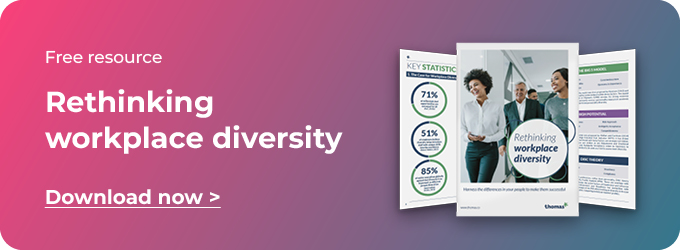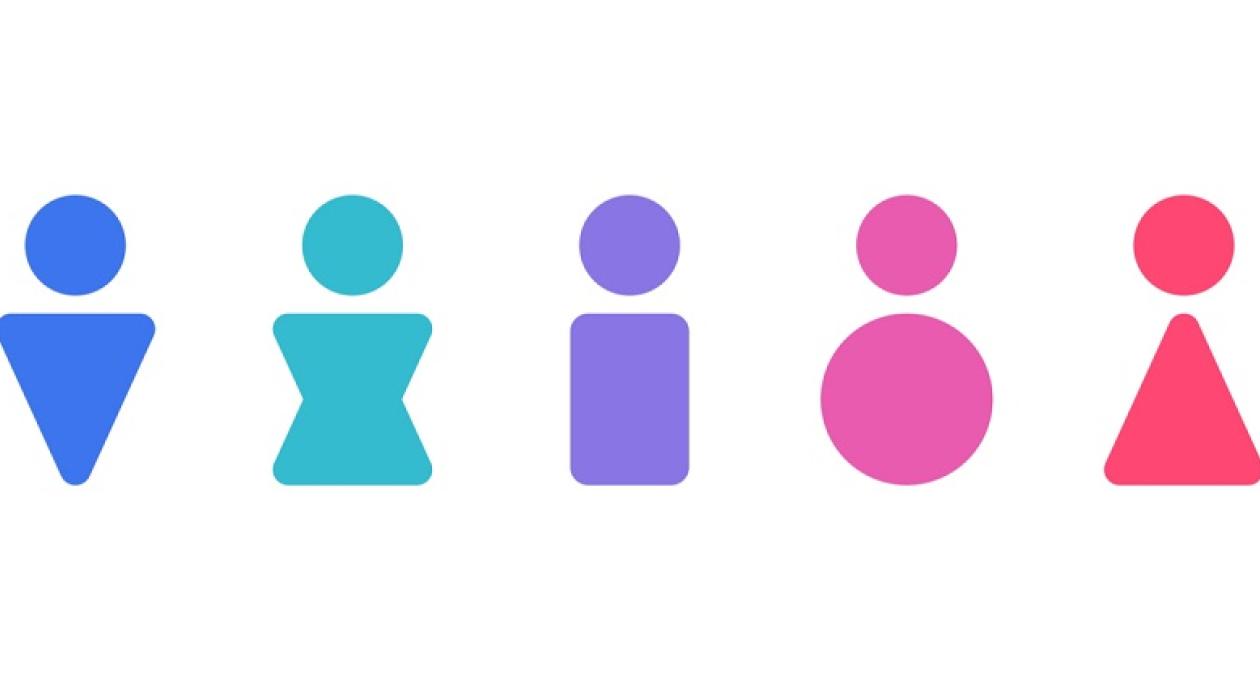What makes you the person that you are? We are all different and special in many ways, but knowing this and understanding that the situation is the same, even for the person that you pass walking down the street is the bare minimum we should expect in a civil society.
We all deserve to be treated fairly, that much we can agree on. It’s in our diversity that we find a common ground to be treated equally. Equality should be about us all proudly showcasing our differences and being treated fairly and accepting these differences with decency and respect. We must support each other and include all kinds of people in decision making on a day to day basis, especially in our professional lives.
That is just part of the role that equality and diversity bring into our society, and it is the professional environment where we are going to focus today’s guide.
Why do organisations need a policy, what are their benefits and what are their outcomes? This is what we're going take a closer look at.
What is equality and diversity?
Equality is about making sure that everyone has an equal opportunity, treated without prejudice or discriminated against because of who they are. Diversity is about understanding these differences between people and groups of people and placing a positive value on those differences.
Equality has an overall attribution but when it comes to the workplace we are discussing equality of opportunity. In the briefest of terms, equality of opportunity is “about ensuring everybody has an equal chance to take up opportunities” and fulfil their potential.
This means that anyone presented with a job role would be treated equally in both the selection process and then in the workplace should they get the position. Age, gender, race, sexual orientation, religious beliefs would bear no influence on the decision being made.
Diversity is essentially about celebrating how different we all are. Another way to better understand diversity is to see it as “recognising, valuing and taking account of people's different backgrounds, knowledge, skills, and experiences, and encouraging and using those differences to create a productive and effective workforce.”
Diversity is thus about human rights, and understanding that no matter what our differences are, we should be valuing them. It requires everyone to play by the same rules in recognising our differences and championing them as well. We should never be discriminated against because of these differences.

What is an equality and diversity policy?
An equality and diversity policy (also known as a diversity, equality & inclusion (DE&I) policy) is a document that enshrines your commitment to promoting equality and diversity in the workplace, especially in areas like recruitment, training and pay. What this effectively means is that you are demonstrating that as an employer you are willing and prepared to fulfil your employees needs and that you will stand with them against any forms of discrimination.
More specifically, an equality and diversity policy will state that the employer and associated company aims to safeguard those who may face inequality or harassment due to one or more of the nine ‘protected characteristics’. The Equality Act of 2010 clearly defines the protected characteristics which are:
- Age
- Disability
- Sex
- Sexual orientation
- Race
- Religion or belief
- Gender reassignment
- Marriage or civil partnership
- Pregnancy and maternity
The document is something you can create with other people in your office, preferably with senior figures, but you could bring in other stakeholders within the organisation to ensure that you cover everything off. The document need not be large or wordy, importantly, it needs to be a written agreement about how the business will create a safe and inclusive atmosphere for your members and service users.
Think about what this document is also saying to your staff when you are creating it. It’s an honorary pact to show your intent as an organisation to combat all forms of discrimination - to stop others from feeling left out of the process.
What should be included in a workplace diversity policy?
Your workplace diversity policy should outline your businesses commitment to no discrimination of any kind and highlight a commitment to equality and diversity in the workplace. Your aims are to create a workforce that promotes diversity, inclusion and instills a positive attitude towards people regardless of who they are or what they believe in.
What should you consider when creating a workplace diversity policy? Here are just some ideas:
- Highlight that you are going to create a positive and supportive working environment - for all the staff.
- Highlight that you are going to protect your employees from discrimination because of the protected characteristics that will apply to them.
- Highlight that you are an equal opportunity employer for everyone in the workforce, at all levels, no matter what their background or skill set is.
- You will promote diversity in the workplace and celebrate the things that make us different.
- You will understand and respond to changing working patterns and demographics to give people a better opportunity to do their job and meet customer demands.
How Thomas assessments help with diversity and inclusion
A lack of diversity in your workforce and unconscious bias in your decision making processes is harmful to your business can prevent you from hiring and keeping genuine talent. Our talent assessment platform can help you to increase the diversity and inclusivity of your workforce and reduce unconscious bias in your decision making processes.
If you would like to find out more about how we can help you address unconscious bias and increase the diversity of your workplace, please speak to one of our team.





